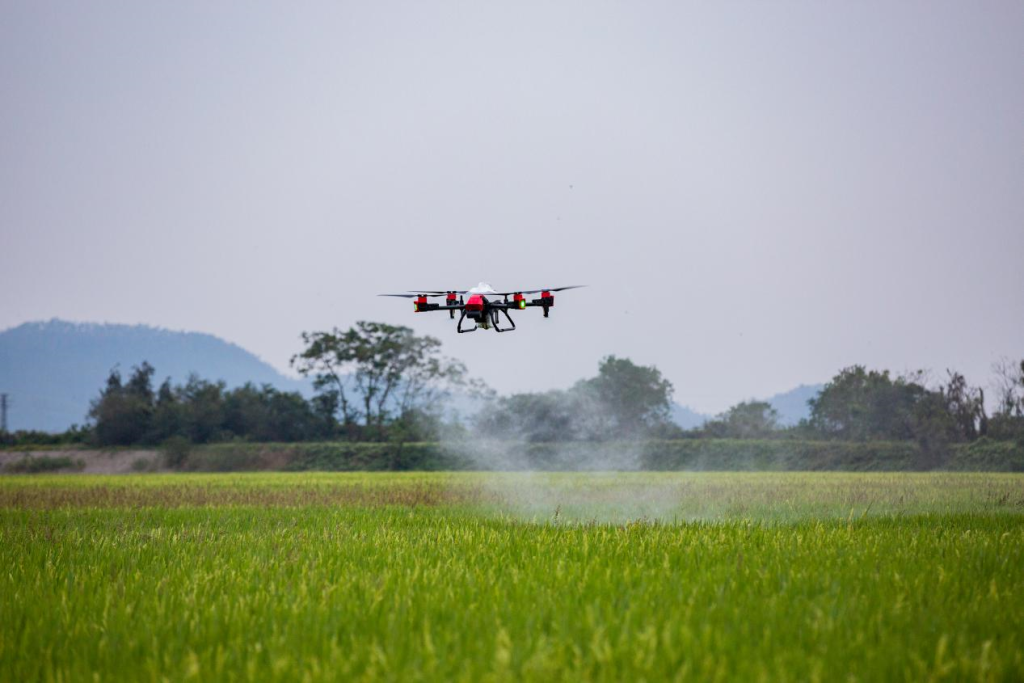Agriculture has come a long way from traditional farming methods, thanks to technological advancements. Among these innovations, agricultural drones are changing the landscape of farming. These unmanned aerial vehicles (UAVs) are revolutionizing agriculture in numerous ways.
Introduction: Agricultural drones, commonly known as ag-drones, are equipped with various sensors and imaging capabilities that can help farmers monitor their fields, assess crop health, and optimize resource usage. In this article, we will explore how agricultural drones are transforming the agricultural industry.
Precision Farming: One of the primary benefits of agricultural drones is precision farming. Drones equipped with multispectral or hyperspectral cameras can capture detailed images of the entire field. These images provide valuable data on crop health, allowing farmers to identify issues such as pest infestations, diseases, or nutrient deficiencies. Precision farming helps farmers make informed decisions, leading to higher yields and reduced resource wastage.
Monitoring Crop Health: Agricultural drones enable real-time monitoring of crop health. By flying over the fields and capturing images, drones can identify areas of concern. With this data, farmers can target specific areas for irrigation, fertilization, or pest control, optimizing the use of resources and improving crop quality.
Crop Scouting: Traditionally, crop scouting involved hours of walking through fields to assess crop conditions. Drones have made this process much more efficient. They can quickly cover vast areas, providing a bird’s-eye view of the entire field. This not only saves time but also reduces labor costs and allows for more frequent and accurate crop assessments.
Efficient Pest Control: Agricultural drones are used in pest control by identifying affected areas and deploying the appropriate treatment. Some advanced drones even have the capability to disperse pesticides or beneficial insects precisely where needed. This targeted approach minimizes the use of chemicals and reduces the environmental impact.
Challenges and Considerations: While agricultural drones offer many advantages, there are challenges to overcome. These include regulatory issues, data management, and the initial cost of investment. Farmers must also be trained to operate drones effectively.
Conclusion: Agricultural drones have proven to be a game-changer for modern farming. With their ability to provide real-time data on crop health, optimize resource usage, and improve overall efficiency, they are helping farmers meet the growing demand for food production while minimizing the environmental impact. The agricultural industry is embracing this technological advancement, and the future looks promising.
This is the first article in the series. If you would like to receive more articles or have specific topics in mind for the remaining four articles, please let me know.







Please sign in to comment
register